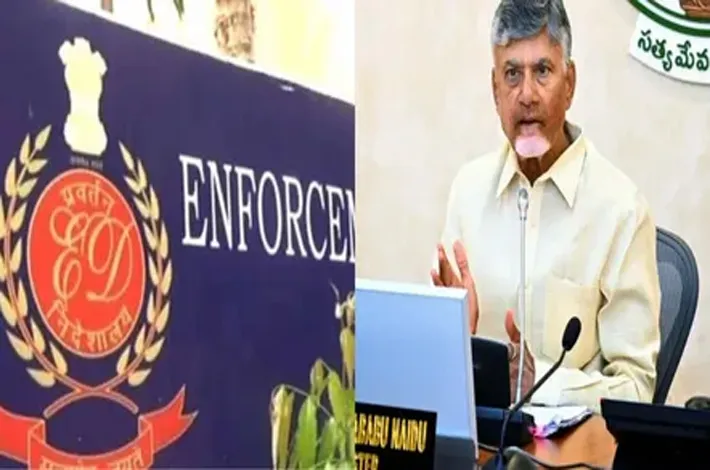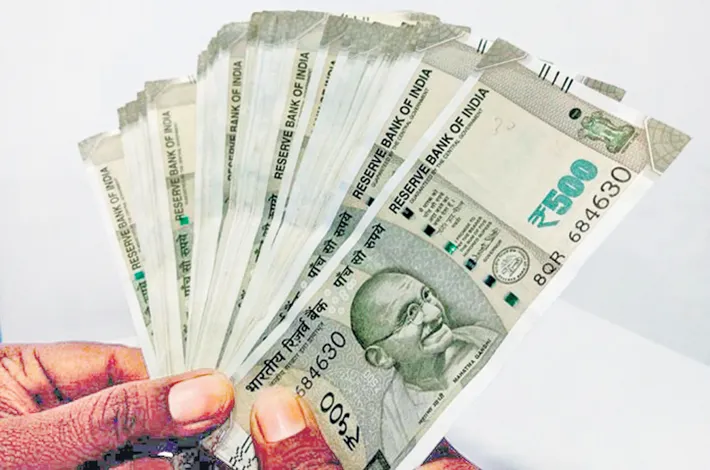“Poverty can be solved like engineering problem” – Elon Musk. Is it possible?
21-11-2025 12:00:00 AM

Tech billionaire Elon Musk has made a bold claim: poverty is not an endless social problem. Instead, he sees it as something that can be fixed with smart engineering. In a recent post on X (formerly Twitter), the owner of xAI and Tesla said powerful tools like Grok, his company’s AI chatbot, and Optimus, Tesla’s humanoid robot, could end labor shortages, push everyday costs almost to zero, and make poverty “statistically irrelevant” in the coming years. Musk wrote: “I see poverty as more of an engineering problem than an unsolvable social issue.
With Grok and Optimus, we could solve the labor shortage, drive costs to near zero, and create a future where poverty is statistically irrelevant.” He added that most people are underestimating how big the changes will be in the next ten years. The idea is simple but huge. Today many people stay poor because basic things – food, housing, healthcare, energy, and transportation – are too expensive. Jobs that pay well are limited, and many tasks still need human workers. Musk believes super-smart AI and cheap robots can change all of that.
Grok is already one of the most advanced AI systems in the world. It can answer questions, write computer code, design products, and help scientists and engineers work faster. Optimus, still in early development, is a human-shaped robot that will one day do dangerous, boring, or repetitive jobs – from factory work to cleaning, farming, and caring for the elderly. When millions of Optimus robots are built and cost only a little more than a car, almost any job can be done for almost no money.
Farms could grow food with almost no human labor. Factories could make clothes, phones, and furniture at tiny cost. Trucks and ships could drive themselves. Houses could be built quickly and cheaply by robot teams. At the same time, AI like Grok could help design better solar panels, batteries, and even new medicines – making energy and healthcare almost free too.If the price of almost everything falls close to zero, Musk argues, it will no longer matter if someone has a traditional job.
Everyone could have everything they need – food, a nice home, education, travel – without worrying about money. In this future, poverty would disappear not because governments give away money, but because things simply stop being expensive.This idea is sometimes called “post-scarcity” – a world where there is so much of everything that nobody has to go without. Many experts agree the technology is coming fast. Tesla has shown Optimus walking, picking up objects, and doing simple tasks.
xAI keeps making Grok smarter every few months. Other companies like Figure, Boston Dynamics, and OpenAI are working on similar robots and AI.But not everyone is sure it will be so easy. Some people worry that millions of jobs could disappear before the new world arrives, leaving many families struggling in the short term.
Others ask who will own all these robots and AI systems – and whether the benefits will really reach everyone, or just make a few companies richer. Musk has answered these concerns before. He believes the faster we build this technology, the sooner everyone wins. He has even suggested ideas like universal basic income (free money from the government) to help during the change.
Whatever happens, Musk is certain the next decade will bring the biggest leap in human living standards ever seen. “The scale of what’s coming over the next decade is really easy to underestimate,” he warned. For the first time in history, ending poverty might not depend on politics or charity. It could come from engineers, factories, and computer code. If Musk is right, our children may grow up in a world where being poor is as rare as dying of hunger was for most people in rich countries today – almost unheard of.








